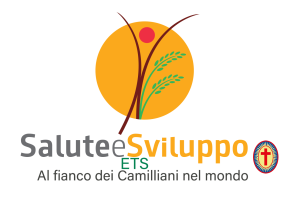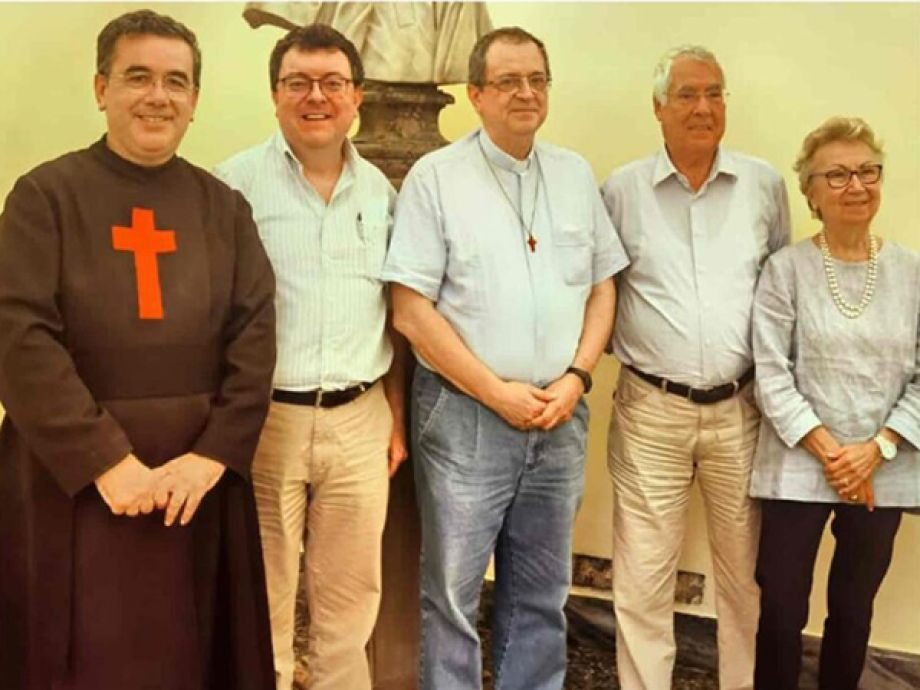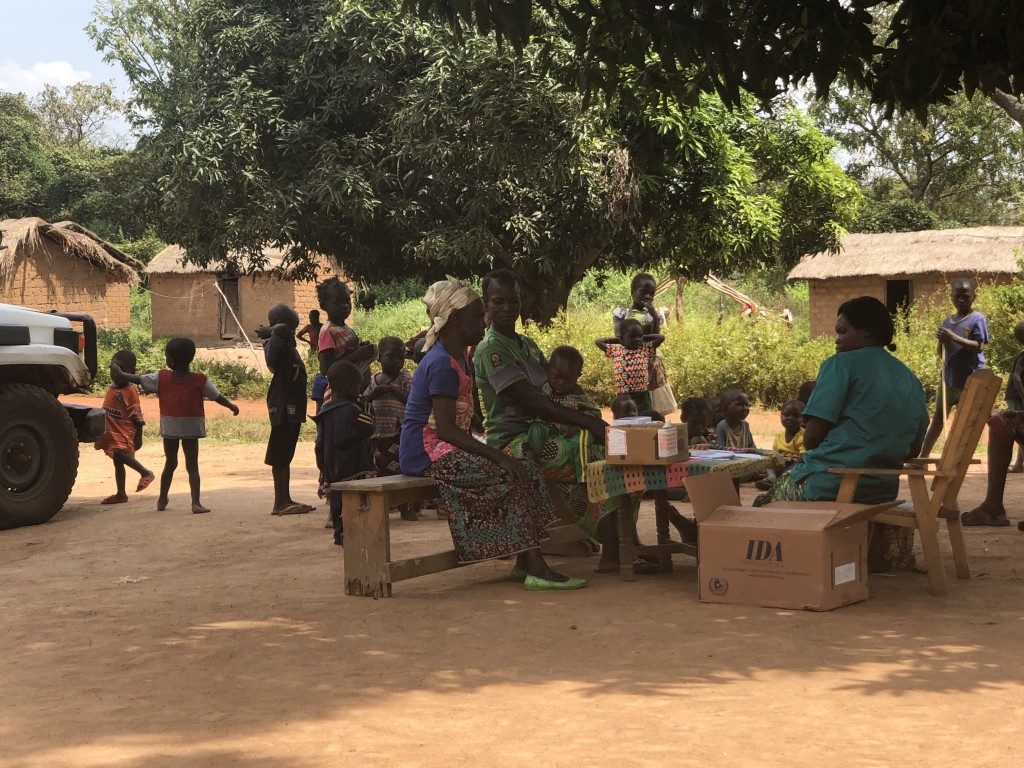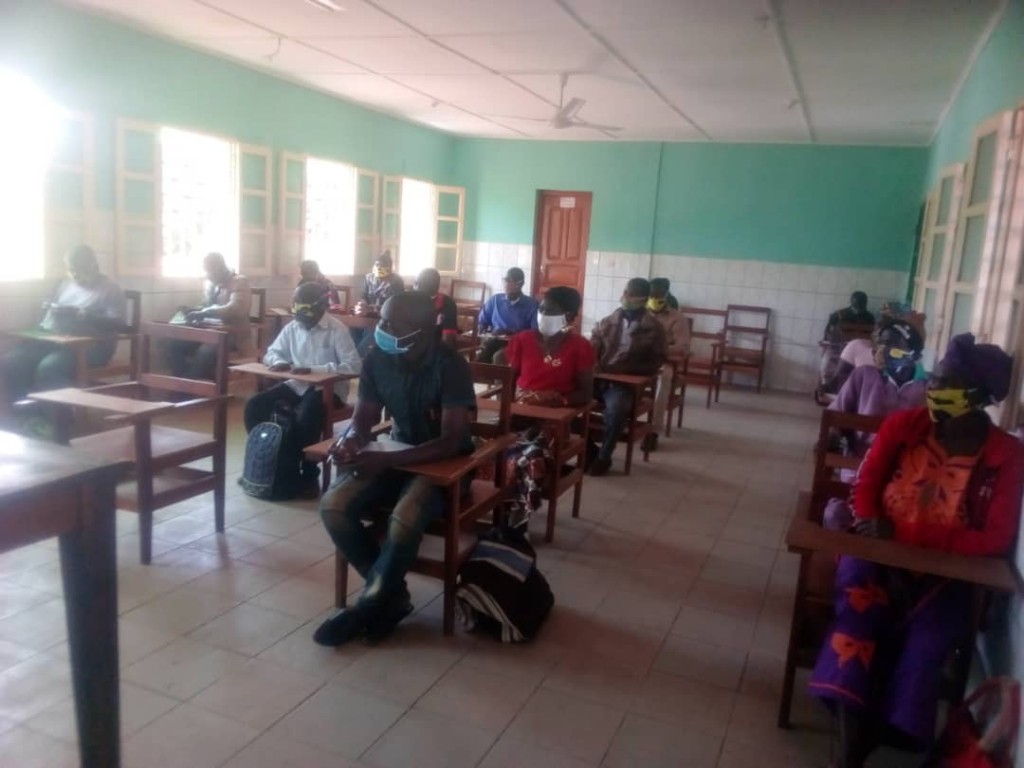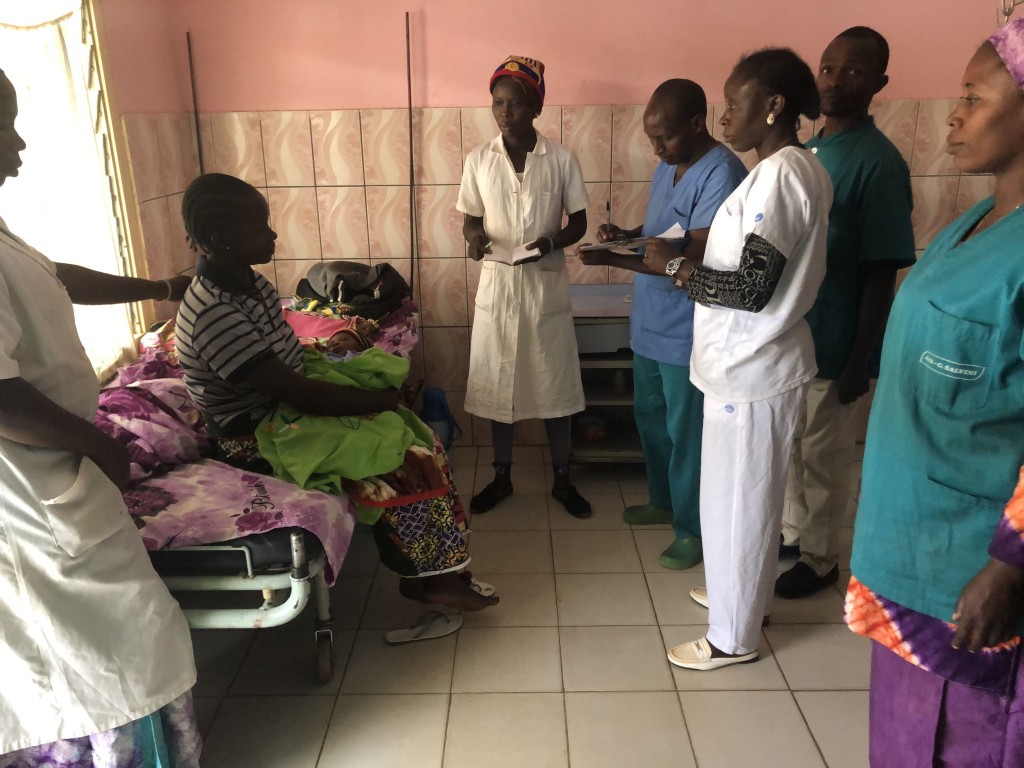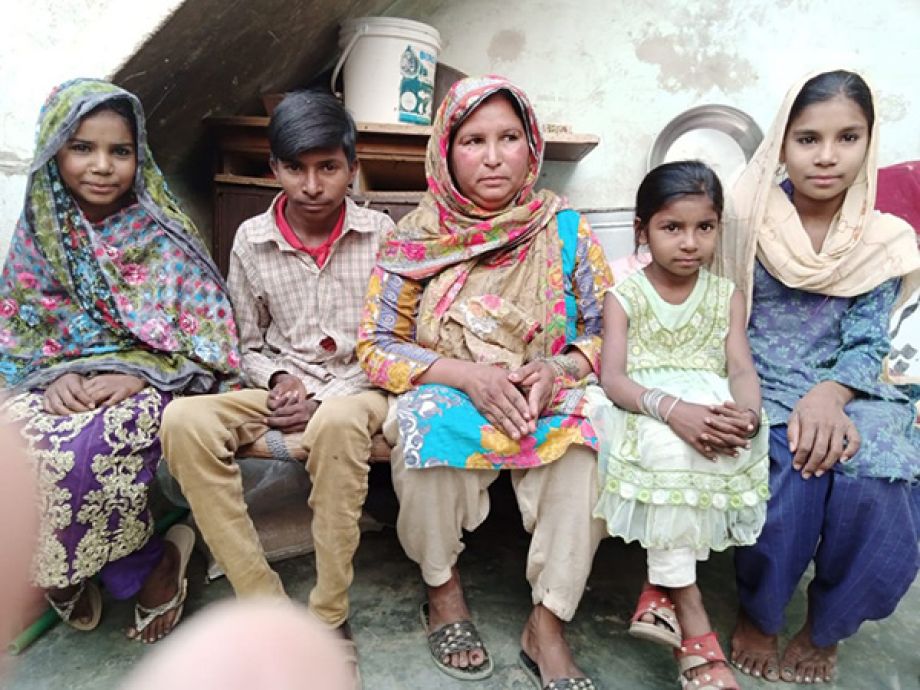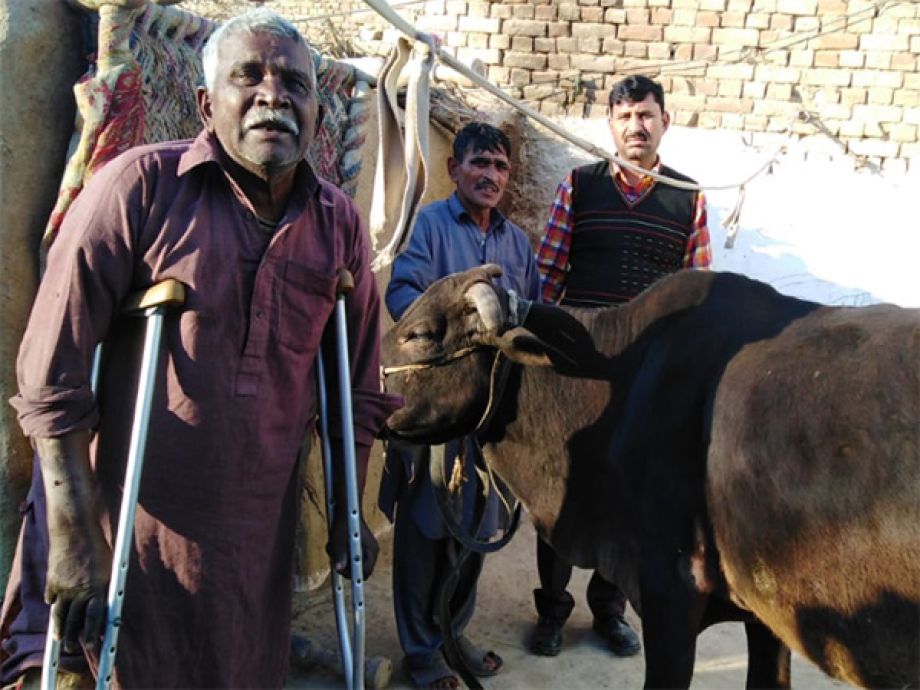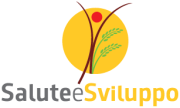Time to help our misssions
When we talk about the the Camillian missions we refer to a secular history in the field of humanitarian help. The religious of the Order in its first century of life, the seventeenth century, were mainly involved in Italy where there were multiple dramatic situations with the repeated epidemics and plagues in which the Camillians often gave testimony of heroic charity. One of these was the famous plague in Milan in 1630, also mentionned in one of the famous of Manzoni’s book, where more than 25 religious “martyrs of charity” died. Also abroad the Camillians were called to bring aid to the wounded in the numerous and bloody wars that raged throughout the ‘Europe (campaign of Hungary in 1595, in the Thirty Years’ War in 1627, in Spain and Portugal). It is not without reason that the Camillian crucifers have been recognized as the precursors of the International Red Cross.
A more stable form of interventions in other countries began in 1710 with the first foundations in Latin America and in Lima in Peru which were followed by centers in Bolivia, Ecuador, Colombia, Chile, Mexico. Starting from the end of the eighteenth century, in a few decades, the Camillian Order seemed to come to extinction, and that was caused from two bigger historical facts: the autonomist laws of Joseph II and the radical Napoleonic suppressions. After the Napoleonic storm, the Order slowly recovered and the departures for the new missions began again. In 1867 the first Camillians, led by Father Stanislao Carcereri, left for Sudan alongside their father, which today a saint, Daniel Comboni. Unfortunately, that first expedition was short-lived and it was necessary to wait almost a century to see new missionary expeditions in Africa and other continents. Today, the Camillian missionaries are present in numerous countries on all five continents (Italy, France, Spain, Austria, Germany, Ireland, Georgia, Armenia, Brazil, Argentina, Chile, Peru, Colombia, Ecuador, Mexico, North America , Burkina Faso, Benin, Central African Republic, Ivory Coast, Kenya, Uganda, Tanzania, Haiti, India, Philippines, Taiwan, Vietnam, Thailand, Indonesia, Pakistan).
In this long historical context of missions was born, in 1996,Salute e Sviluppo (SeS) under the presidency of Father Efisio Locci. Born at the behest of the Superior General Frank Monks and Consulta of the Order in implementation of a decision of the General Chapter, it is constituted as a Non-Governmental Organization to support the activities of Camillian religious who operate as its local partners in developing countries. The goal is to improve the health conditions of those populations and contribute to their growth and autonomy. Since then, Salute e Sviluppo has been one of the pillars of the Camillian missions.
SeS cooperation projects mainly intervene in the socio-health and human development sectors, building hospitals, schools and aqueducts and implementing food and livestock production. All interventions aims to help the local population to achieve their own sustainability and are characterized by a highly formative approach.
The projects already implemented and concluded with the contribution of Salute e Sviluppo are now over a hundred, from the smallest worth a few thousand euros to the largest that exceed one million euros in value. God’s Providence, through the most diverse public and private donors, was truly great and we will never stop thanking.
We want to recall some of the projects currently under construction. They focus is at the moment on emergency situations in West Africa, Central Africa and Asia.
In the Central African Republic, the initiatives are aiming to improve the social and health conditions of the Bossemptélé area, Diocese of Bouar. Anexample is the project titled “Strengthening Health Services at John Paul II Hospital” , managed by the Camillian Religious of Bossemptélé. The project aims to improve access to health services for vulnerable population and increase the capacity to reach neighboring villages with a mobile clinic and home care services. The hospital has been enforced with the supply of medicines, medical instruments, biomedical equipment and the provision of more services. The health personnel, on the other hand, has been trained in the orthopedic, pediatric, pharmaceutical and analysis laboratory fields. Thanks to this intervention, 4300 people, including 1250 children, can now take advantage of hospital services and medical examinations.
In West Africa, in Burkina Faso,two innovative projects have been launched to improve the socio-economic development of the Tenkodogo area. Tenkodogò is part of the province of Boulgou, where the poverty threshold records an index equal to 55.1% and it has severe limits on access to basic health services, education, drinking water, and the ability to generate income. Here we have put two projects in place: “L’Oro di Bagrè” has been created to increase the cultivation, production and marketing of rice and “Latte Sano” . With these initiatives, rice production and productivity techniques have been improved, facilitating access for the population of this area and meeting their food needs. Traditional agriculture has been transformed into modern agriculture, providing innovative agricultural tools and adequate technical-professional training.
After having built many health facilities in developing countries and having contributed significantly to their growth, now, more than in previous years, Salute e Sviluppo is being asked by our missionaries to help the poorest patients who are unable to pay their services in full I refer in particular to hospitals in the poorest countries in the world, such as those in the Central African Republic, Burkina Faso, Benin, Ivory Coast without forgetting those in Kenya, Armenia, Georgia, etc …
With the purpose to respond to this call, Salute e Sviluppo intends to set up the AMOC Camillian Missions Funddedicated to this purpose. The acronym AMOCstands forInsurance for Sick People in the Camillian Missionsas the fund will be disbursed as a reimbursement of health costs for the sick people in need who will rely on care in Camillian health facilities and enroll in the AMOC. We ask all readers of Missione e Salute to contribute to fueling this fund, the use of which will be made public on the website of Salute e Sviluppo. The offers received will be eligible for the tax deductions authorized by law.
We trust that, through this new initiative, God’s Providence will continue to help us. (P. Felice de Miranda)
HELP US TO HELP
Salute e Sviluppo NGO
Alongside Camillians in the world
Piazza della Maddalena, 53 – 00186 Roma
Tel. 0689982151/52/53/54
email: info@salutesviluppo.org
IBAN IT 62G02 00805 18100 04003 21240 (Unicredit)
or
IBAN IT17 X076 0103 2000 0002 6485 086 (BancoPosta)
Reason: donation to the AMOC Camillian Missions Fund
